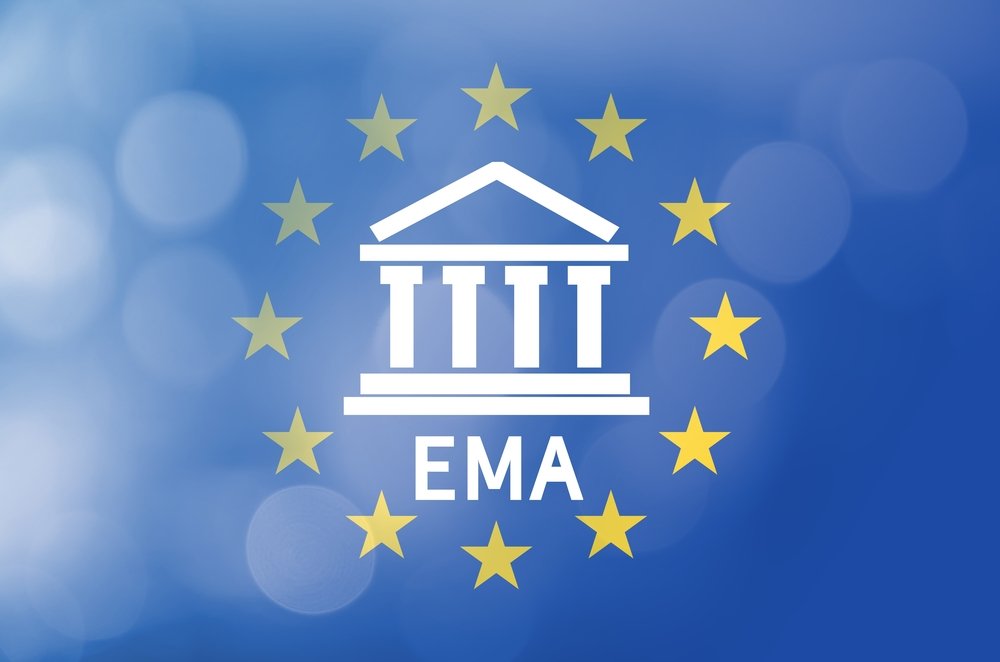EMA Grants TXA127 Orphan Drug Status to Treat Epidermolysis Bullosa
Written by |

The European Medicines Agency (EMA) recently granted Tarix Orphan’s lead investigational product TXA127 orphan drug status for the treatment of epidermolysis bullosa (EB).
Orphan drug status is granted by regulatory agencies to drugs in development for the treatment of rare diseases, and where the pharmaceutical company will profit less after development and marketing costs due to the small number of patients suffering from the condition.
The EMA’s orphan drug designation will grant Tarix Orphan a 10-year period of marketing exclusivity for TXA127 in Europe if approved for the treatment of EB in the European Union.
TXA127 is a formulation of the naturally occurring peptide angiotensin (1‐7), which is though to have a protective role in certain conditions. Angiotensin (1‐7) has been shown to have an inhibitory action on inflammation and to reduce key signaling pathways and molecules thought to be relevant for fibrosis development.
“People with EB frequently face disabling scarring and contractures as a result of the fibrosis that is a consequence of their extreme skin fragility and chronic wounds,” Clare Robinson, head of research at DEBRA International, a leading EB patient organization, said in a press release.
“A safe, effective treatment to reduce fibrosis would have an immense positive benefit on patients’ quality of life, and data on TXA127 so far indicate its promise as a candidate,” Robinson said.
Tarix Orphan is developing TXA127 for the treatment of a number of orphan and heritable diseases, including EB and Duchenne muscular dystrophy (DMD).
The therapy has been granted orphan drug status in the U.S. for the treatment of EB, as well as DMD, limb-girdle muscular dystrophy, congenital muscular dystrophy, and Marfan syndrome.
“Orphan designation in Europe for TXA127 for the treatment of EB complements the designation we have received in the United States, and forms an integral part of our strategy to address unmet needs in rare pediatric diseases,” said Rick Franklin, CEO of Tarix Orphan.
“We are moving forward with confirmatory pre-clinical studies being done by Professor Bruckner-Tuderman’s lab at the University of Freiburg, with the support from DEBRA Austria, in preparation for the initiation of a clinical development program for this important condition,” Franklin said.





